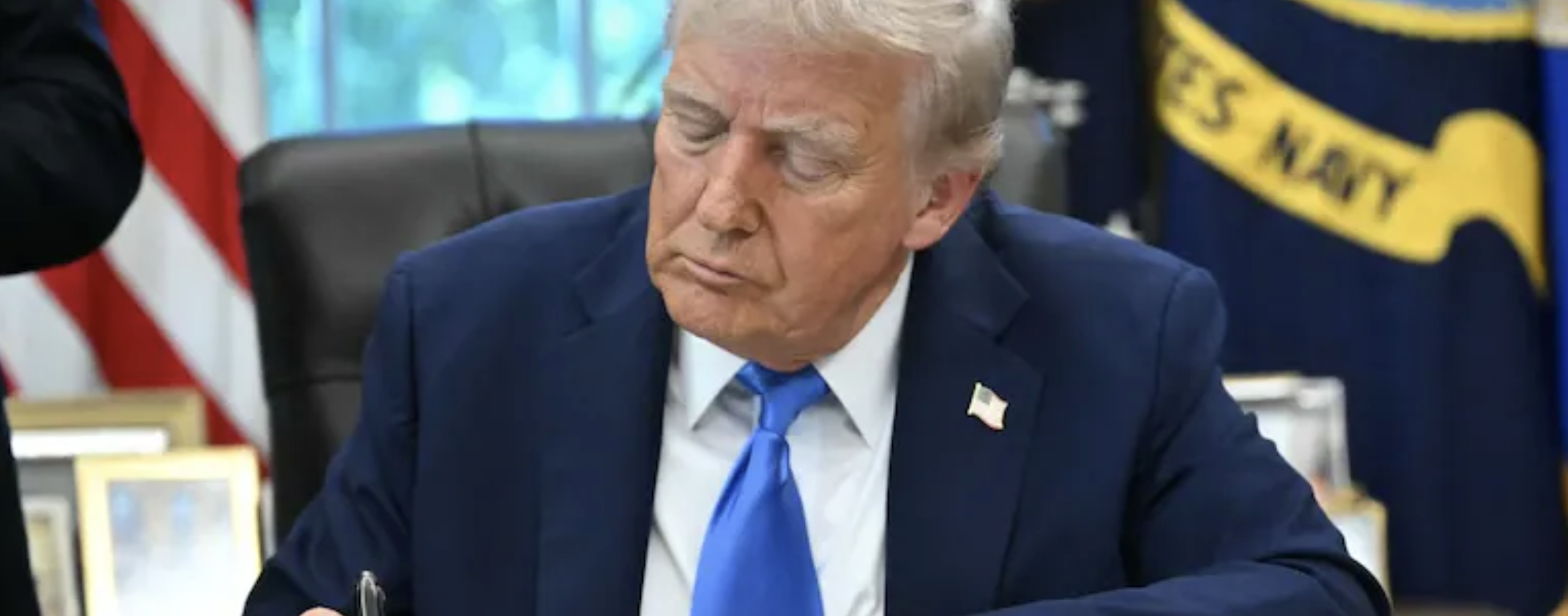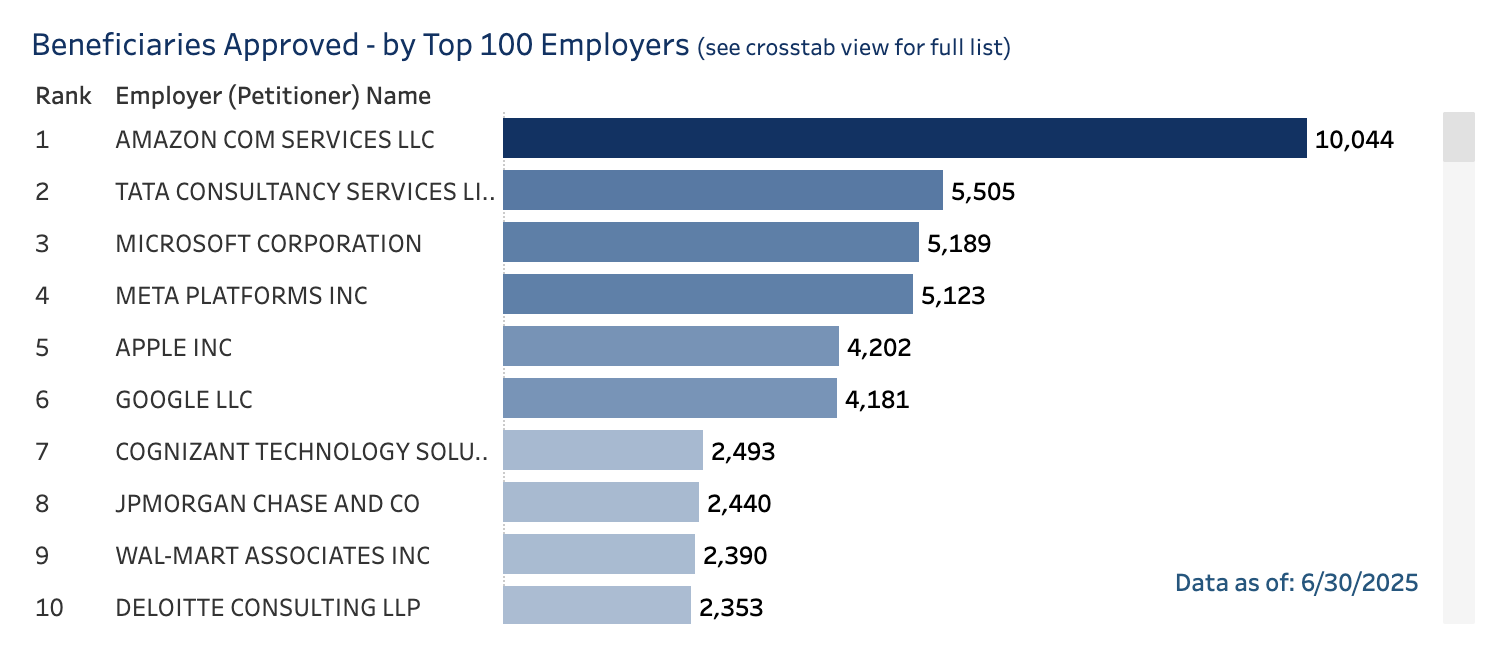Happy Sunday...The United States’ high-skilled immigrant workforce was thrown into chaos this weekend after President Donald Trump unveiled a surprise executive order imposing a new $100,000 fee on H-1B visas. Though the White House later clarified the fee applies only to new petitions and is a one-time charge—not an annual levy—the damage was already done.
Tech hubs from San Francisco to New York witnessed frantic scenes as H-1B workers primarily from India and China rushed to reenter the United States before the order’s Sunday morning deadline. Employees at companies like Microsoft, Amazon, Alphabet, and Goldman Sachs received urgent internal memos advising them to cancel travel and return immediately. Some travelers abandoned vacations mid-flight. At San Francisco International Airport, one Emirates flight to Dubai was delayed for hours as multiple Indian passengers demanded to deplane after receiving emergency messages from their employers. Social media buzzed with stories of people racing to airports and cutting trips short, many comparing the confusion to the COVID-19 travel bans of 2020.
The executive order is part of Trump’s broader immigration crackdown, which has included limits on both illegal and legal immigration. The H-1B program, which brings in highly skilled foreign professionals to fill U.S. tech and engineering jobs, has long been a flashpoint. During his first months back in office, Trump has argued the visa depresses American wages and crowds out U.S. workers which no surprise is a reversal from his earlier public support for the program. Administration officials say the new fee will discourage companies from over reliance on foreign talent, while critics warn it will hobble competitiveness in a global tech market already facing talent shortages.
India, which accounts for 71% of all H-1B approvals, stands to be hit hardest, along with Chinese workers who make up nearly 12%. Industry groups in both countries say the move could disrupt IT operations, delay projects, and strain U.S. companies that rely on specialized skills in fields such as artificial intelligence, semiconductors, and cloud computing.
Commerce Secretary Howard Lutnick initially described the $100,000 charge as an annual fee before the White House corrected it to a one-time payment. Homeland Security Secretary Kristi Noem retains discretion to grant exemptions, but details remain murky. For now, companies and workers are bracing for higher costs, legal challenges, and the possibility of further restrictions. I feel for anyone who already has to go through this stressful process. I guess this is just another day in America at this point...

